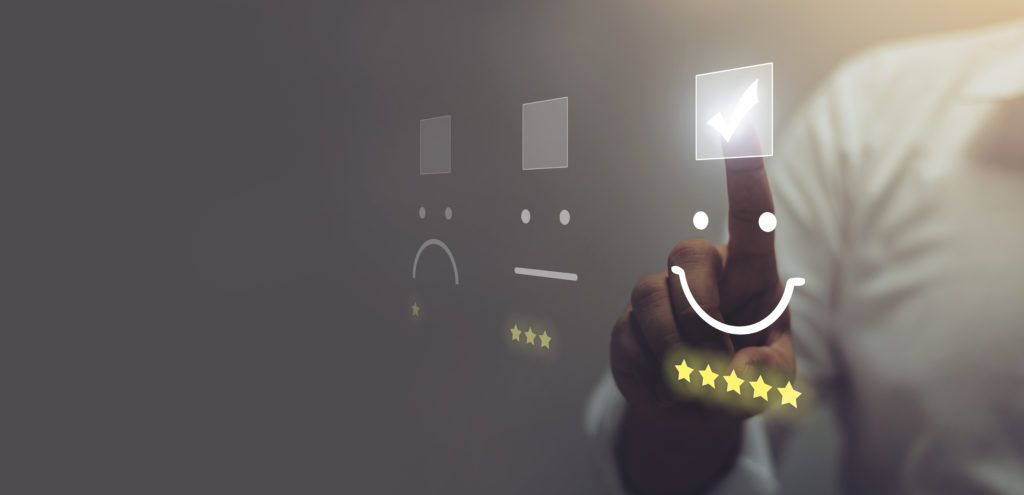
In a May 2019 study published in the Journal of Psychopharmacology, lead author Dr. Albert Garcia-Romeu and his colleagues Rolland Griffiths and Matthew Johnson of the Johns Hopkins University School of Medicine published the results of an online survey they conducted along with the Erowid Center. The goal of the study was to gather data about the use of psychedelics in non-clinical (naturalistic) settings by people reporting that they have alcohol use disorder (AUD).
The survey respondents were mostly white (89%), male (78%), and located in the United States (60%).1 Of the 343 survey respondents, about 72% met the criteria for having severe AUD. Most of the respondents reported taking moderate or high doses of LSD (38%) or psilocybin (36%). After dosing, 83% of the participants no longer met the criteria for AUD. They said their psychedelic experience was highly meaningful and insightful. Twenty-eight percent said the reduction in their misuse of alcohol was due to changes in their life priorities or values that were brought on by their psychedelic experience. The data showed that a more significant reduction in alcohol consumption was associated with greater dose, mystical-type effects, insight, and personal meaning of experiences.
The authors acknowledge that these results only show an association between the naturalistic use of psychedelics and alcohol cessation and do not demonstrate a clear cause-and-effect relationship. This is because this online survey lacked experimental elements that are essential for establishing a causal relationship, such as a control group and randomization of the participants. However, the authors state that the data are sufficient to support further studies on psychedelics for treating AUD.
Other Studies Using LSD and Psilocybin to Treat Alcoholism
The beneficial effects of psychedelics like LSD for treating alcoholism were being studied as early as the 1950s.2 Also, between 1954 and 1960, the British psychiatrist Humphry Osmond used LSD to treat nearly 2,000 of his alcoholic patients.3 The follow-up data showed that 40-45% of the patients (male and female) were still abstinent from alcohol after one year. Unfortunately, several factors contributed to Osmond’s findings not being taken seriously by a medical profession that was very conservative at the time. Some attacked the study design because there were no control groups. Heavy emphasis was placed on the use of control groups, which was so influential that is often slowed or stopped the progress of medical research. Others in the medical community were just deeply suspicious of using LSD and other psychedelics in medical research.
More recently, a 2012 meta-analysis of six LSD studies that randomized the participants showed a significant decrease in alcohol misuse in the LSD group compared to the control group.4 Also, the beneficial effects lasted at least one month after treatment with LSD. Also, a study published in Frontiers in Pharmacology in 2018 found that a single dose of LSD reduced the consumption of alcohol in mice.5 This was the first study on self-administration of alcohol in animals. The mice dosed with 50 µg/kg of LSD had a nearly 18% average decrease in ethanol consumption. Despite the modest reduction, the most interesting finding is that the effect lasted up to 46 days later when the study ended. These observed effects were independent of the total fluid intake of the mice or their activity level during the study. Also of interest is that these results were not seen in mice dosed with only 25 µg/kg.
Psilocybin-assisted psychotherapy (PcbAP) is also showing promise for the treatment of alcoholism. In a 2015 study, ten volunteers received two separate doses of psilocybin (0.3 mg/kg and 0.4 mg/kg) between psychotherapy sessions.5 At the end of the study and the 36-week follow-up survey, the data showed that the number of drinking days decreased significantly compared to the time before psilocybin dosing. There were significant correlations between the overall intensity of the psychedelic experience and its mystical quality compared to the percentage of drinking days, cravings, self-efficacy to abstain from drinking, and the motivation to stop drinking. The authors said that the improvements experienced by the volunteers were largely maintained throughout the 36-week follow up.
As the modern-day stigma of psychedelic drugs continues to wear off, medical research is picking up where pioneers like Humphry Osmond left off in the 1950s. Although there are encouraging results from past and present studies using LSD and psilocybin for treating addiction, much of the chemistry and pharmacology of these compounds remains a mystery.
